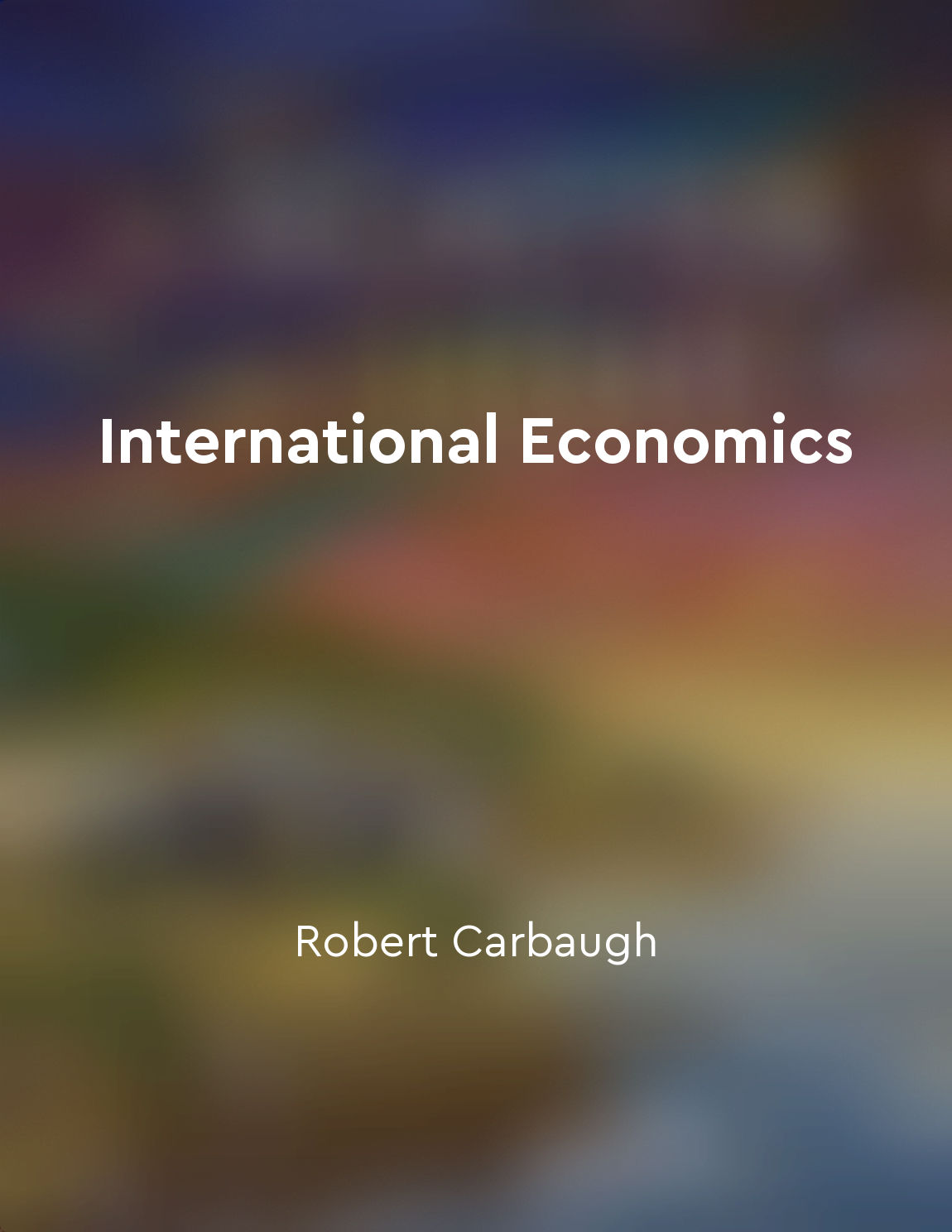Comparative advantage drives specialization from "summary" of Principles of Economics by Saifedean Ammous
The principle of comparative advantage in economics is a powerful concept that explains why individuals, businesses, and countries specialize in producing goods and services in which they have a lower opportunity cost. This principle states that even if one party is more efficient in producing all goods than another party, both can still benefit from trade by specializing in their respective areas of comparative advantage. For example, consider two individuals, John and Mary, who can either produce apples or oranges. John can produce either 10 apples or 5 oranges in an hour, while Mary can produce either 8 apples or 4 oranges in an hour. In this scenario, John has an absolute advantage in producing both goods because he can produce more of each in the same amount of time. However, when we compare their opportunity costs, we see that John's opportunity cost of producing one apple is 0.5 oranges, while Mary's opportunity cost of producing one apple is 0.5 oranges. In this case, John has a comparative advantage in producing apples because his opportunity cost of producing apples is lower than Mary's. On the other hand, Mary has a comparative advantage in producing oranges because her opportunity cost of producing oranges is lower than John's. Therefore, according to the principle of comparative advantage, John should specialize in producing apples, while Mary should specialize in producing oranges. By specializing in their respective areas of comparative advantage and trading with each other, John and Mary can both benefit from the transaction. John can focus on producing apples, where he is more efficient, and trade with Mary for oranges. Mary can focus on producing oranges, where she is more efficient, and trade with John for apples. As a result, both parties can consume a combination of goods that is beyond what they could produce on their own.- The principle of comparative advantage drives specialization by encouraging individuals, businesses, and countries to focus on producing goods and services in which they have a lower opportunity cost. This leads to increased efficiency, higher productivity, and overall economic growth. By understanding and applying this principle, individuals and nations can maximize their resources, increase their standard of living, and create a more prosperous society.
Similar Posts
Incoterms provide clarity on the responsibilities of buyers and sellers
Incoterms play a crucial role in international trade by defining the responsibilities of buyers and sellers. These terms provid...

Individuals make better choices than the government
The idea that individuals make better choices than the government is a fundamental concept in understanding the principles of a...

Interest rates reflect time preferences
Interest rates reflect time preferences because they represent the price of time in the market. Time preferences refer to how i...
The Benefits of Trade and Specialization
Trade and specialization are fundamental concepts in economics that are often overlooked or misunderstood. Many people fail to ...
Monetarist theory focuses on money supply
Monetarist theory emphasizes the significance of money supply in influencing economic activity. According to this theory, chang...
Market bubbles can distort market equilibrium
Market bubbles are a peculiar phenomenon that can disrupt the natural balance of financial markets. These bubbles occur when th...

Ideas evolve through competition and selection
In the grand scheme of things, ideas are not conceived in isolation. They are products of a dynamic process that involves inter...
Demonstrate authority and expertise in your field
To position yourself as an expert in your field, you must first understand the importance of demonstrating authority to your cu...
John Maynard Keynes advocated for government intervention in the economy to promote full employment and economic stability
John Maynard Keynes, a prominent British economist of the 20th century, believed that the free market economy was not capable o...

The World Trade Organization regulates international trade
The World Trade Organization (WTO) plays a pivotal role in the regulation of international trade. It serves as a forum where me...

